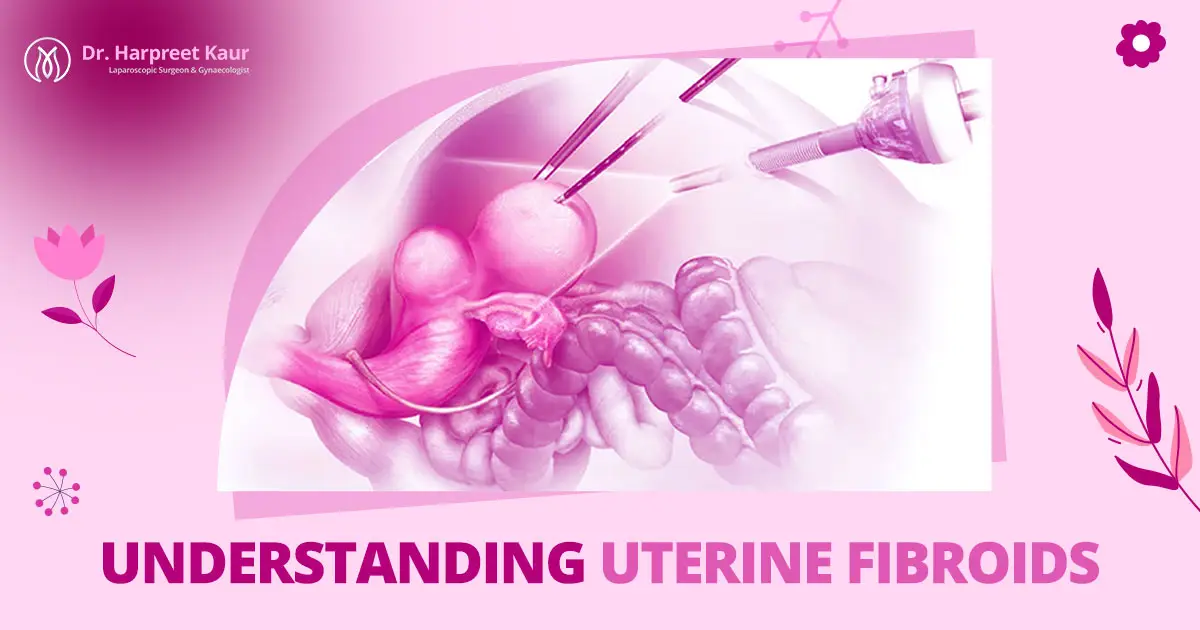Clinic Location
Care n Cure Clinic, Nayapalli, Near Hotel Crown, Bhubaneswar
For Consultation
+91 7008110200
+91 9090910009
Work Hours
Mon - Fri : 05:30 - 07:30
- Home
- About Doctor
- Services
Postnatal care
Gynaecological services
- General Consultatnt
- Adolescent Clinic
- Well Women Clicnic
- Gynaecological Surgeries
- Gallery
- Your Pregnancy
- Training
- Contact
- Feedback
- Blog
- Home
- About Doctor
- Services
Postnatal care
Gynaecological services
- General Consultatnt
- Adolescent Clinic
- Well Women Clicnic
- Gynaecological Surgeries
- Gallery
- Your Pregnancy
- Training
- Contact
- Feedback
- Blog
- Home
- About Doctor
- Services
Postnatal care
Gynaecological services
- General Consultatnt
- Adolescent Clinic
- Well Women Clicnic
- Gynaecological Surgeries
- Gallery
- Your Pregnancy
- Training
- Contact
- Feedback
- Blog
How Sleep Affects Female Hormones and Reproductive Health

Sleep plays a crucial role in maintaining overall well-being, but its impact on female hormones and reproductive health is often underestimated. Women’s bodies rely on a delicate hormonal balance for fertility, menstrual cycles, and overall reproductive function. Poor sleep quality or irregular sleeping patterns can disrupt these processes, leading to hormonal imbalances and reproductive health concerns. In this article, we explore how sleep affects female hormones and the steps you can take to optimize your rest for better reproductive health.
The Relationship Between Sleep and Hormones
Hormones are chemical messengers that regulate essential bodily functions, including metabolism, mood, and reproduction. Sleep is vital for maintaining the proper production and regulation of these hormones. When sleep is compromised, hormone levels fluctuate, affecting processes like ovulation, menstrual regularity, and fertility.
Key Female Hormones Affected by Sleep
1. Estrogen and Progesterone
Estrogen and progesterone are essential reproductive hormones that regulate the menstrual cycle, support pregnancy, and influence overall health. Sleep disturbances can cause these hormone levels to drop, leading to irregular periods, mood swings, and increased risk of fertility issues.
2. Melatonin
Melatonin, often called the “sleep hormone,” regulates the body’s circadian rhythm. Research suggests that melatonin plays a role in reproductive health by supporting ovarian function and egg quality. Poor sleep patterns or exposure to artificial light at night can reduce melatonin production, negatively impacting fertility.
3. Cortisol (The Stress Hormone)
Cortisol is responsible for managing stress levels, but when sleep is inadequate, cortisol levels remain elevated. High cortisol levels can interfere with ovulation and menstrual cycle regularity, making conception more difficult. Chronic sleep deprivation can lead to persistent stress, further aggravating hormonal imbalances.
4. Luteinizing Hormone (LH) and Follicle-Stimulating Hormone (FSH)
LH and FSH are critical for ovulation and maintaining a regular menstrual cycle. Disruptions in sleep patterns can impair the secretion of these hormones, affecting reproductive health and fertility.
How Sleep Deprivation Affects Reproductive Health
1. Irregular Menstrual Cycles
Women who experience sleep deprivation or inconsistent sleep schedules often report irregular periods. Sleep disturbances disrupt the hypothalamic-pituitary-ovarian (HPO) axis, which is responsible for menstrual cycle regulation.
2. Increased Risk of Infertility
Studies suggest that women who work night shifts or have erratic sleep schedules may experience delayed or failed ovulation, reducing their chances of conception. Proper sleep is essential for optimal reproductive function.
3. Exacerbation of PCOS Symptoms
Polycystic ovary syndrome (PCOS) is a common hormonal disorder that affects fertility. Poor sleep quality has been linked to increased insulin resistance, weight gain, and heightened androgen levels, all of which exacerbate PCOS symptoms.
4. Higher Risk of Pregnancy Complications
Pregnant women who suffer from insomnia or sleep apnea are more likely to experience complications such as gestational diabetes, preeclampsia, and premature birth. Adequate rest is crucial for maternal and fetal health.
Tips for Better Sleep and Hormonal Balance
1. Maintain a Consistent Sleep Schedule
Going to bed and waking up at the same time every day helps regulate your body’s internal clock, supporting hormonal balance.
2. Create a Relaxing Bedtime Routine
Engage in calming activities such as reading, taking a warm bath, or practicing deep breathing exercises before bed.
3. Limit Blue Light Exposure at Night
Reduce screen time at least an hour before bedtime to prevent melatonin disruption. Use night mode on devices or wear blue light-blocking glasses.
4. Optimize Sleep Environment
Ensure your bedroom is cool, dark, and quiet. Investing in a comfortable mattress and pillow can also improve sleep quality.
5. Manage Stress Effectively
Practice mindfulness, yoga, or meditation to keep cortisol levels in check and promote deeper, restorative sleep.
Conclusion
Sleep is a fundamental pillar of health, and its impact on female hormones and reproductive health should not be overlooked. Prioritizing quality sleep can help maintain a balanced menstrual cycle, improve fertility, and support overall well-being. If you struggle with persistent sleep issues, consider consulting a healthcare expert like Dr. Harpreet Kaur for guidance on improving your sleep and hormonal health.

